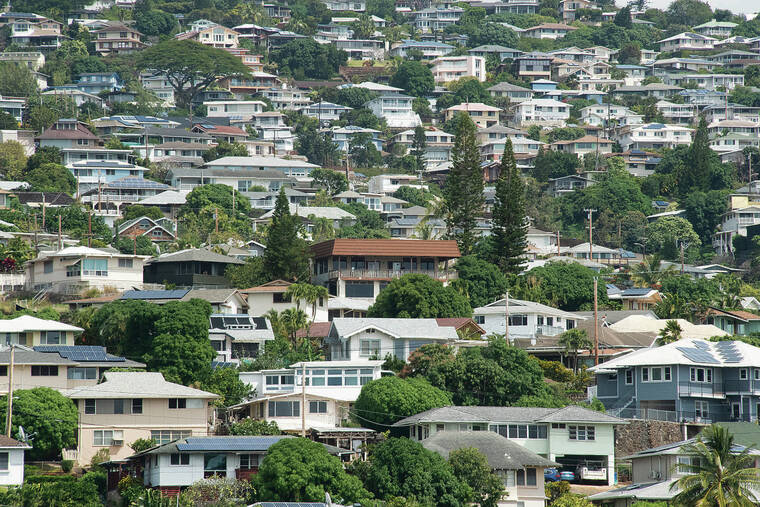The Honolulu City Council passed two significant tax exemption measures on October 18, 2023, aimed at alleviating the financial burden of property taxes for homeowners on Oahu. The Council unanimously approved Bill 49 and Bill 50, which will modify existing laws regarding real property tax exemptions for eligible homeowners.
Bill 50 will increase the base real property tax exemption for homeowners from $120,000 to $140,000. This adjustment is expected to decrease the taxable value of owner-occupied homes, resulting in lower property tax bills for many individuals, particularly benefiting those on fixed incomes, such as senior citizens. For instance, a home assessed at $1 million will see property taxes calculated on a value of $860,000 after the exemption.
In parallel, Bill 49 enhances the real property tax exemption for homeowners aged 65 and older, increasing it from $160,000 to $180,000. This change similarly reduces the taxable value of their properties. As an example, a senior homeowner with a property assessed at $1 million would pay property taxes on $820,000 of the assessed value.
Both bills will take effect for tax years beginning on July 1, 2027. Introduced in June by Council Chair Tommy Waters and Council member Val Okimoto, the measures received a mixed response from the community and officials prior to their approval. During a July session, Andy Kawano, Director of the city’s Department of Budget and Fiscal Services, highlighted the potential fiscal impact of the proposals. He noted that increasing the exemption amount by $20,000 for each taxpayer could lead to a revenue reduction of approximately $70 per parcel, totaling about $5.6 million in lost revenue due to the changes in Bill 49 alone.
Kawano expressed similar concerns regarding Bill 50, which he estimated could result in a $5 million shortfall in tax revenues. He recommended that discussions surrounding such tax-related bills be conducted within a permitted interaction group to address the broader implications.
Public commentary reflected divergent views on the measures. Resident Natalie Iwasa opposed both bills, arguing that they create disparities between homeowners who occupy their properties and those who rent them out. She emphasized the need for alternative strategies to alleviate tax burdens in the community, suggesting that the city consider reducing or removing some exemptions that cost millions annually.
The Council members also voiced their opinions. Augie Tulba voted “with reservations,” acknowledging the need for tax relief while echoing concerns about the projected revenue loss. He noted that while the $70 annual savings for seniors is beneficial, it is crucial to identify solutions for the revenue gap created by these exemptions.
In contrast, Tyler Dos Santos-Tam called for more substantial reforms to the property tax system, suggesting that the current approach does not adequately address the financial needs of island families.
Following the meeting, Chair Tommy Waters defended the measures, stating they provide practical relief by increasing home exemptions for seniors and families. He emphasized that the overall impact on the city’s budget would be minimal, estimated at less than a quarter of one percent of residential property tax revenue. Waters remarked, “Our kupuna and local families deserve the chance to stay in their homes,” underscoring the importance of these changes in a challenging housing market.
The Council ultimately voted unanimously to adopt Bill 49, with a vote of 8-0, while Bill 50 also received full support, although Radiant Cordero was absent during the voting. These decisions mark a notable step in the city’s efforts to provide financial relief to its residents.
